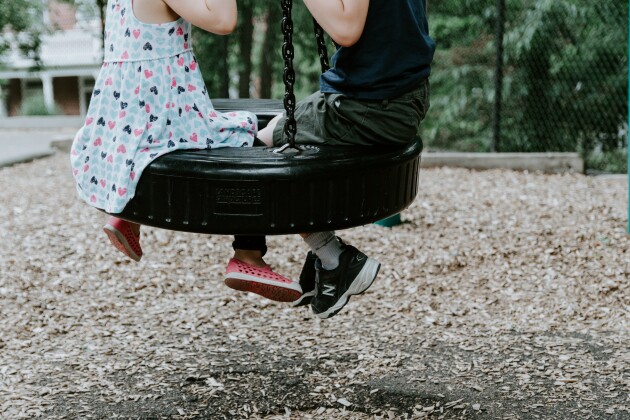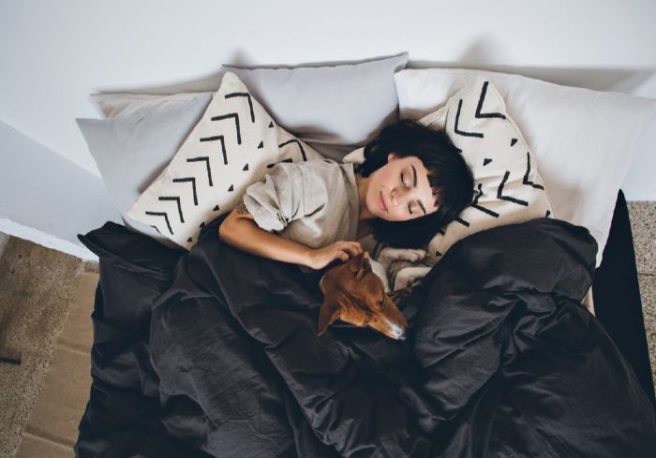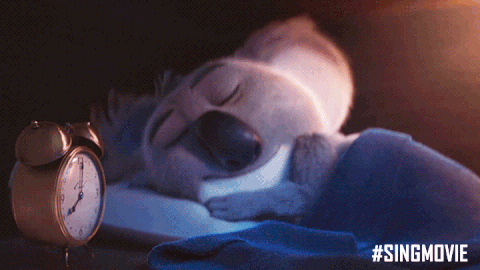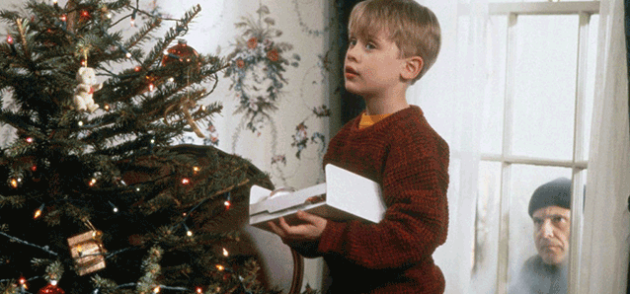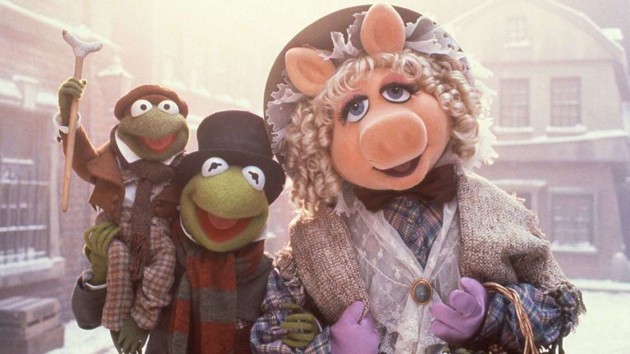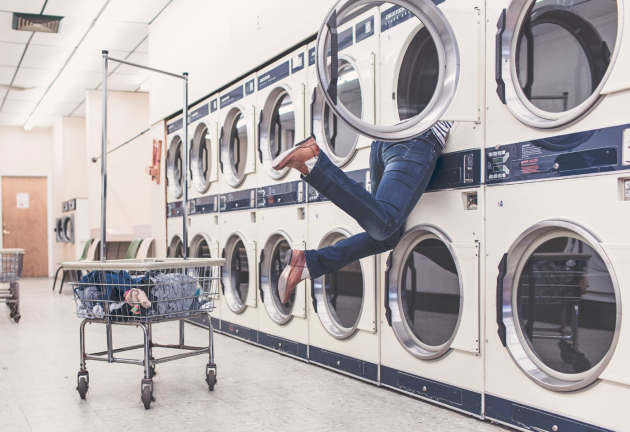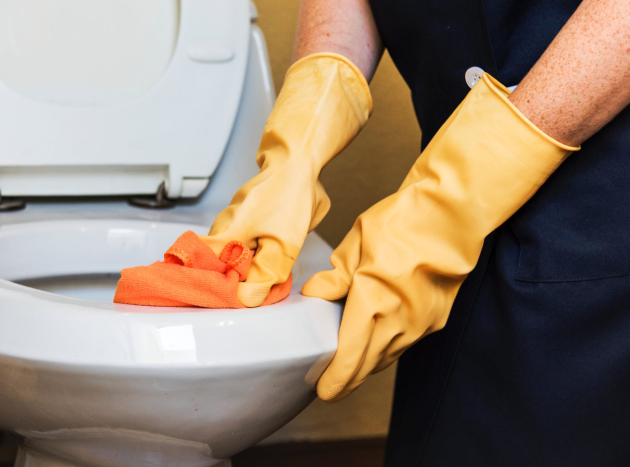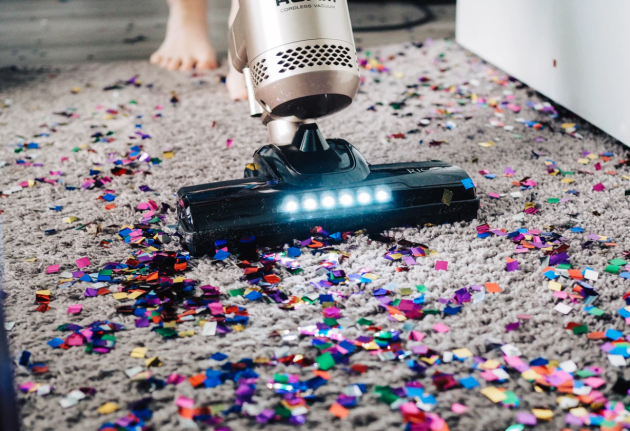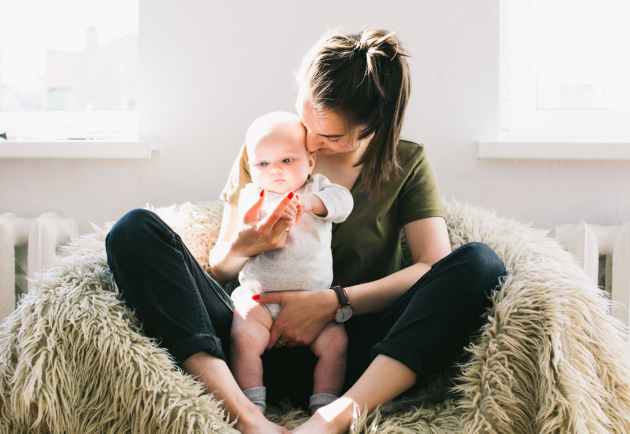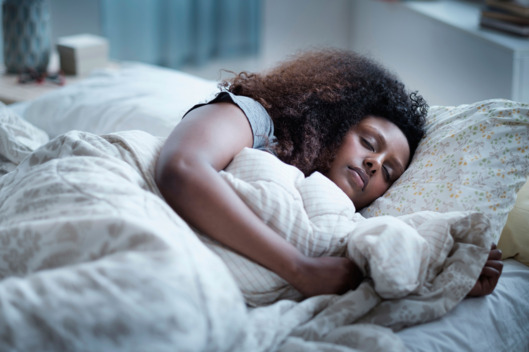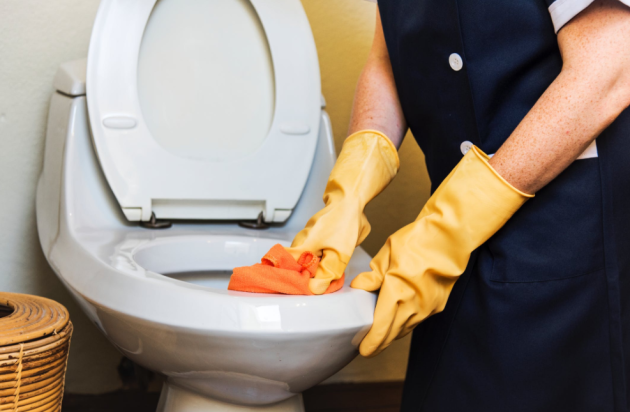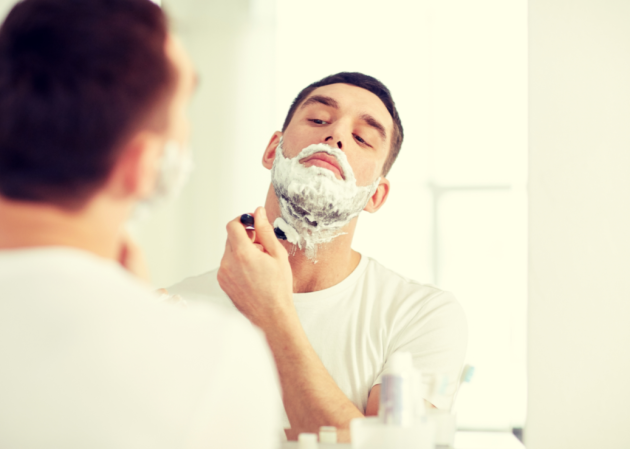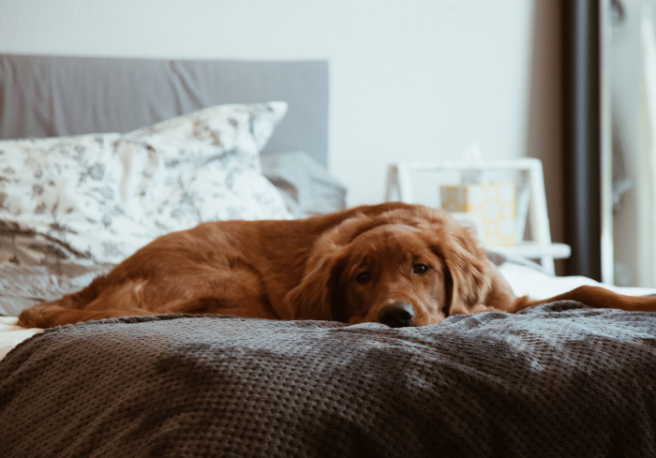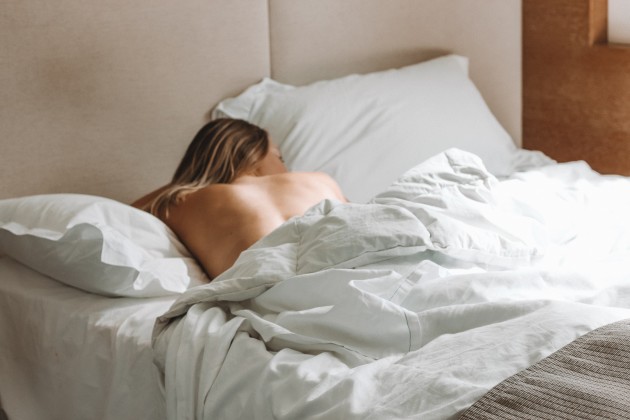
Pregnant women should avoid caffeine entirely, one study claims
A study published in the BMJ Evidence Based Medicine journal, suggests that pregnant women and women trying to get pregnant should avoid caffeine entirely.
Prof Jack James, of Reykjavik University in Iceland, conducted a study on 48 women and their baby’s birth outcomes, which led him to believe that drinking coffee while pregnant or while you’re trying to get pregnant can lead to increased risks.
These include miscarriage, stillbirth, lower birth rate and/or small for gestational age, childhood acute leukaemia and childhood overweight and obesity.

This is a blatant contradiction to the current medical advice, which encourages women that it is perfectly safe to consume 200mg or two medium-strength cups of coffee a day. “Consequently, current evidence does not support health advice that assumes ‘moderate’ caffeine consumption during pregnancy is safe,” he said.
The study found that the risk of miscarriage increased by between 32% and 36% among caffeine-consuming pregnant women. “Of nine studies reporting results for small for gestational age (SGA) seven reported caffeine-related increased risk and two reported no association,” according to Prof James.
He also found “maternal caffeine consumption is associated with an increased risk of childhood acute leukaemia”. The study concluded that a high maternal caffeine consumption was associated with a 65% increase in the risk of acute lymphocytic leukaemia and a 58% increased risk of acute myeloid leukaemia, the most common cause of cancer death in children.

However, it’s important to take this advice with a pinch of salt, as experts have described this study as alarmist and extreme. Prof Jack James has admitted that this study is purely observational and provides no legitimate evidence to support his claims that caffeine is dangerous to pregnant women.
The study neglects to show cause-and-effect links between the results, or take into consideration other confounding factors, such as cigarette smoking or wider dietary issues.

Dr Luke Grzeskowiak, a pharmacist at the University of Adelaide, Australia, described the paper as “overly alarmist” when he spoke to the BBC.
“There are so many dos and don'ts associated with pregnancy and the last thing we need is to cause unnecessary anxiety,” said Grzeskowiak. “At the end of the day, women should be reassured that caffeine can be consumed in moderation during pregnancy.”










